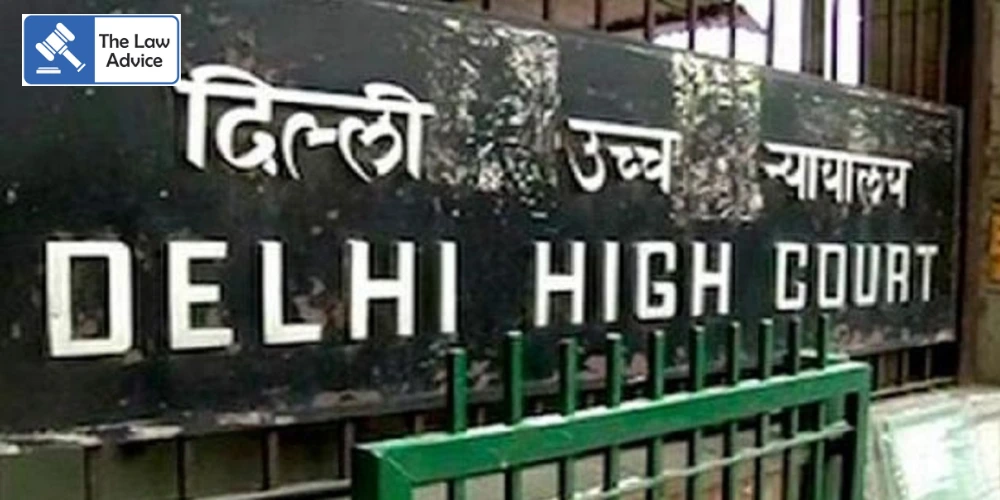The Delhi High Court has overturned the termination of Sarfraz Ahmad, an Assistant Professor in the Department of Persian at Jamia Millia Islamia (JMI), holding that the university failed to comply with the principles of natural justice before removing him from service for alleged unauthorised absence.
Justice Prateek Jalan, delivering the judgment, found that the dismissal process was fundamentally flawed because the inquiry report, which formed the sole basis of the Executive Council’s resolution recommending his termination, was never supplied to the petitioner.
The Court stressed that this omission constituted “inadequate compliance with the principles of natural justice”, as it denied the faculty member a fair opportunity to respond to the allegations against him.
In addition to this procedural lapse, the Court pointed out that the action violated Statute 37(4) of the Jamia Millia Islamia Act, 1988, which mandates that a faculty member must be given a reasonable opportunity to show cause before any decision is taken by the Executive Council.
Justice Jalan noted that the show cause notice in this case was issued after the Executive Council had already recommended Ahmad’s removal — a sequence he described as “a clear case of too little, too late.”
Sarfraz Ahmad joined JMI in 2012. The university alleged that he remained unauthorisedly absent from teaching duties for nearly two years. Ahmad, however, claimed his absence was due to victimisation by certain senior faculty members.
The petitioner contended that in 2021, the Registrar had permitted him to resume teaching. However, the university maintained that his return disrupted the department’s academic atmosphere.
Court’s Directions
The High Court set aside the termination order and directed the university to:
1. Treat the Executive Council’s earlier resolution as a proposal, not a final decision.
2. Serve Ahmad with a copy of the inquiry report.
3. Allow him two weeks to file a detailed written response showing cause why his services should not be terminated.
This response, the Court clarified, would be treated as the statutory opportunity required under Statute 37(4) of the 1988 Act.
The Court observed that since the Executive Council’s decision was based entirely on the Inquiry Committee’s findings, the non-service of the report had “great significance” because it effectively deprived Ahmad of his right to rebut the core allegations against him.
Accordingly, the Court disposed of the petition while protecting Ahmad’s right to due process in any renewed disciplinary proceedings.
• Case Title: Sarfraz Ahmad v. Vice Chancellor, Jamia Millia Islamia & Ors.
Appearance: Advocate Mr. Alamgir for the petitioner; Mr. Pritish Sabharwal, Standing Counsel for JMI, with Ms. Shmeta Singh and Mr. Sarjeet Kumar for the respondents.
